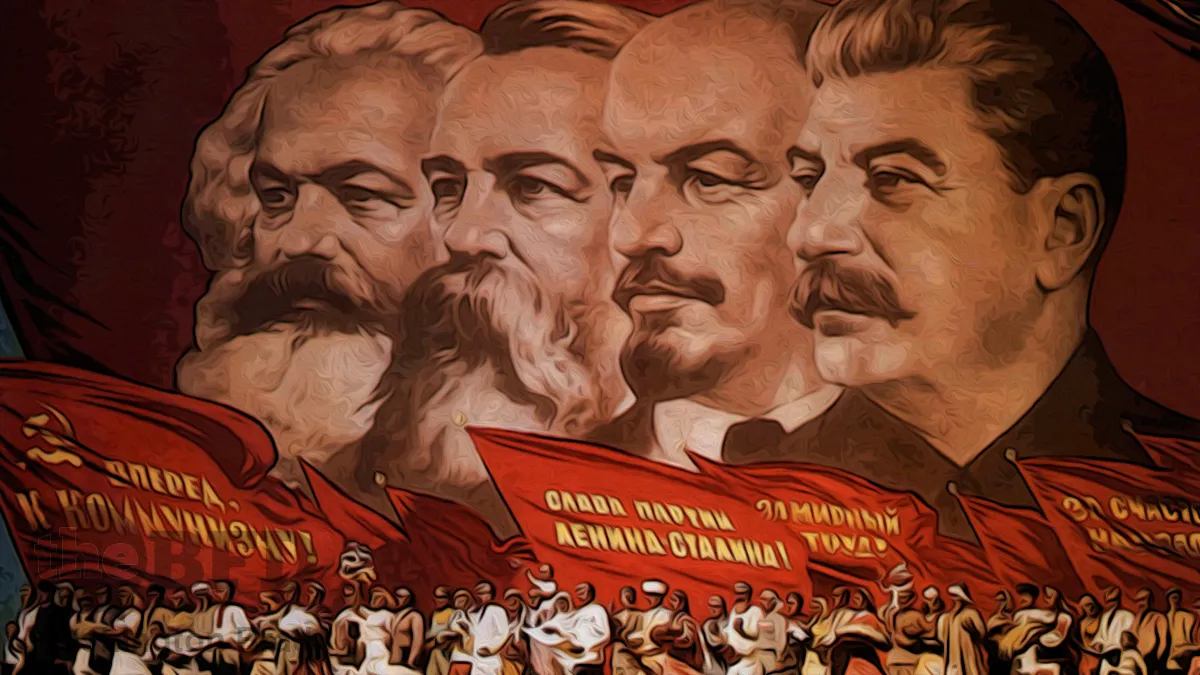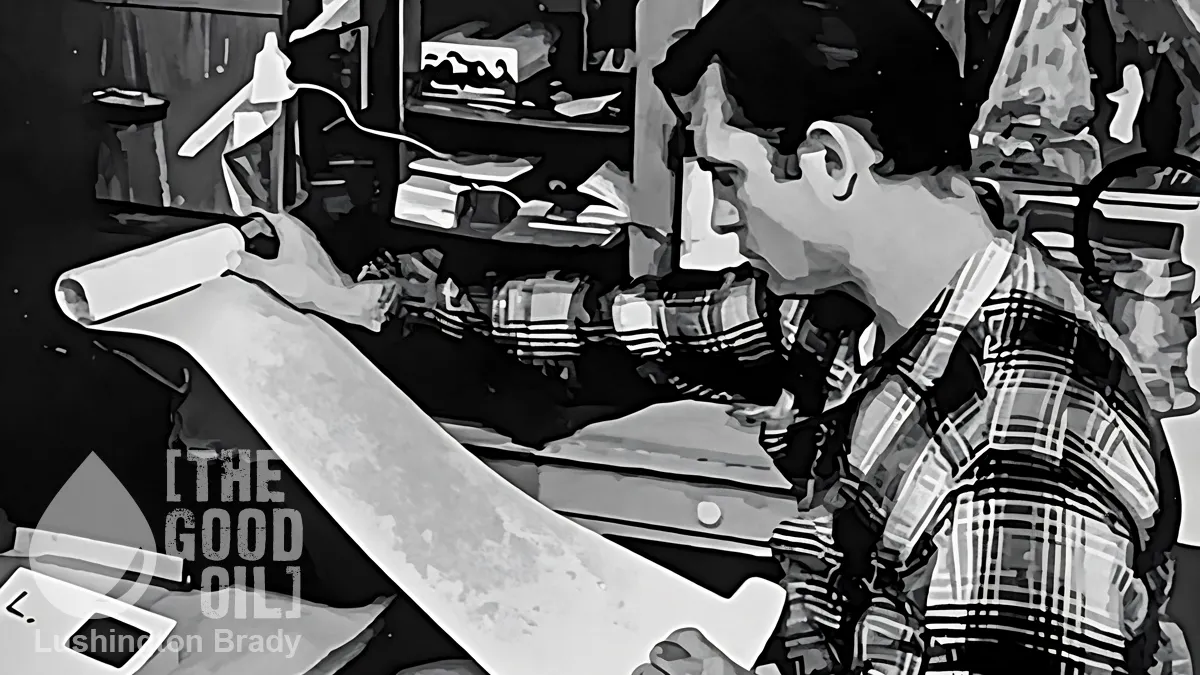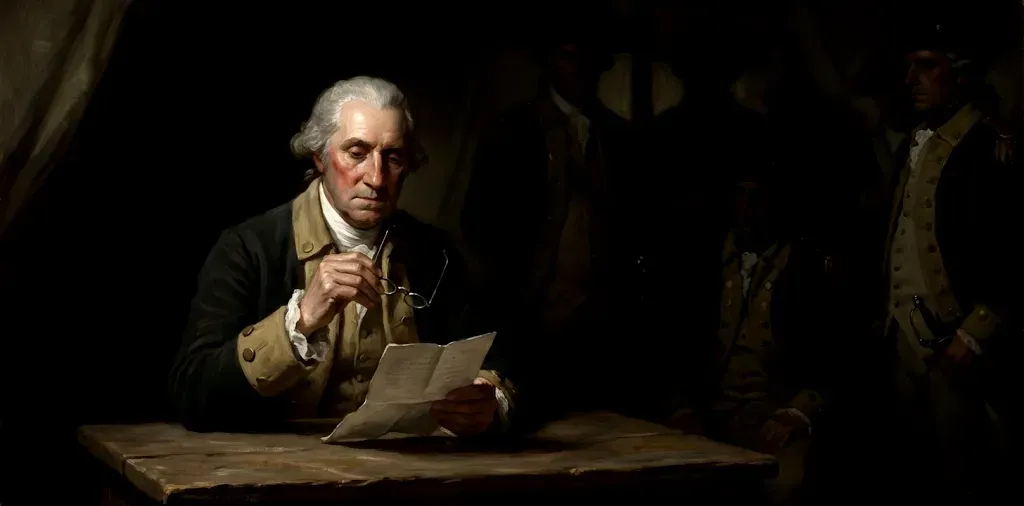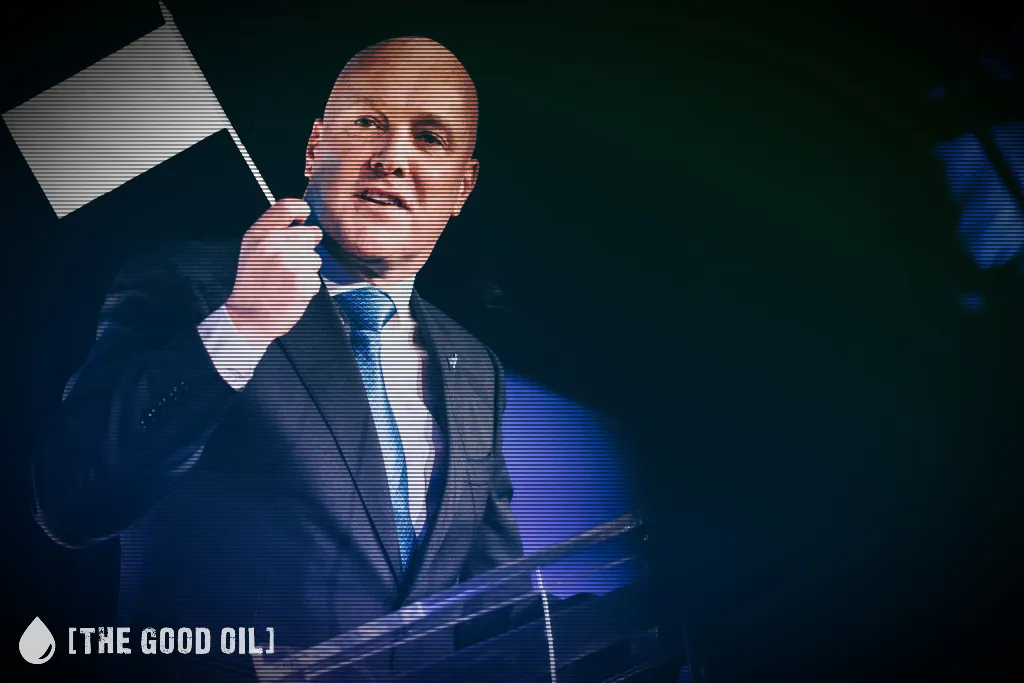Table of Contents
For most of the 20th century, Russia dominated world history. Then, at the end of the century, history supposedly ended and the Russian spectre apparently faded away. But now Russia is back in the news in the worst possible way. Just as suddenly, everyone has an opinion on Russia – usually negative, once again – but how many of us know anything about Russia’s recent history? For most people, I suspect, knowledge of modern Russian history is limited to the television drama Chernobyl.
Sheila Fitzpatrick’s The Shortest History of the Soviet Union is a welcome filler to that knowledge gap. At just 230 pages, it’s easily readable and reasonably comprehensive, surveying Russian history from the end of the 19th century right up until the last few years. Necessarily, given its brevity, The Shortest History is often sketchy in nature, but that sketch encompasses a canvas of some 120 years that can be filled in, if necessary, with deeper reading.
Writing such a short history also means that some of the events that loom largest in the Western imagination seem to be almost peremptorily treated. The Terror, the Holodomor, the Gulag, Chernobyl itself… But the point of Fitzpatrick’s book is not to deal in atrocity porn, but to examine the sweep of Soviet history. Especially as the Soviets themselves saw it.
One of the major themes of the book is historical accident and how “ironies abound in the Soviet history”. As Fitzpatrick points out, the Soviet Union came into being almost by accident. As late as January 1917, Lenin “lamented that he did not expect to see the Russian Revolution in his lifetime”. When Lenin declared, “All power to the Soviets!” at the railway station in Petrograd, even his wife thought he was nuts. Yet, within months, power almost accidentally fell into the Bolsheviks’ laps.
Less than a century later, it also almost accidentally fell out of Communist Party’s hands. Even in 1989 and 1991, opinion polls showed widespread support for remaining in, if not the Union of Soviet Socialists Republics, then a “Union of Soviet Sovereign Republics”. But, by the end of 1991, the whole thing had been abandoned and the Soviet Union dissolved without a shot fired.
The only problem with all this, for the Soviets, was that none of it should have happened the way it did. Marxist theory was absolutely clear: history followed inexorable laws. The Bolshevik revolution should never have happened when it did, because Russia was still an agrarian, mostly feudal society. But Marx dictated that communist revolution could only happen in a capitalist society. A proletarian revolution couldn’t happen in Russia, because there was no proletariat to revolt.
In the same way, Fitzpatrick points out, totalitarian was not the epithet to the Soviets that it is to us. Per Marxist dogma, totalitarianism was a virtue: “the all-knowing leader, setting a steady course on the basis of science and planning, with everything down to the last detail under control”. Sluchaino and stikhiino, the Russian words for accidentally and spontaneously, were epithets in Soviet usage. These are things that are not supposed to happen – and yet, they did.
As Vladimir Putin put it, in 2000: “There’s a lot that seems impossible and incredible and then – bang! Look what happened to the Soviet Union. Who could have imagined that it would simply collapse?”
And yet, it did – and a great swathe of the world was left feeling cast adrift. Especially Russia.
Understanding modern Russian history necessarily involves trying to see it through Russian eyes. To many Russians, the end of the Soviet Union was not seen in the same light as it was in the West. After all, the great bloodsheds of the Purges, the famines and the Gulag were long in the past. Stalin was seen not so much as the monster of Western consciousness, but as a man who, albeit on a river of blood, built a modernised Soviet Union that, in just decades, leapt from being a backwards feudal society to a global superpower. If Soviet citizens didn’t enjoy the democratic freedoms of the West, they at least had state-supplied apartments, quite likely a dacha in the country, guaranteed jobs in state enterprises and free meals and socialisation in the canteens.
All that ended with the fall of the Soviet Union. For the first time in living memory, beggars appeared on the streets. Male life expectancy, especially, dropped dramatically. Small wonder that opinion polls showed that a substantial Russian majority thought that the breakup of the Union had been a mistake. Gorbachev and Yeltsin, heroes to the West, are not fondly remembered by the Russian public.
Yet, Vladimir Putin apparently repudiated the idea of re-establishing the Soviet Union, with the almost-Churchillian aphorism: “Anyone who feels no regret for the passing of the Soviet Union has no heart, and anyone who hopes to restore it has no brain”.
So, how to explain Russia’s aggression in Ukraine? Again, the clues are there in modern Russian history: the assurances Gorbachev thought he had against eastward expansion by NATO, or in Kruschev’s then politically expedient handover of the Crimea to Ukraine in 1954.
And so we come to, not history, but unfolding events. But unfolding events cannot be understood without understanding history, which makes books like The Shortest History of the Soviet Union essential reading.
The Shortest History of the Soviet Union is available from Amazon.









